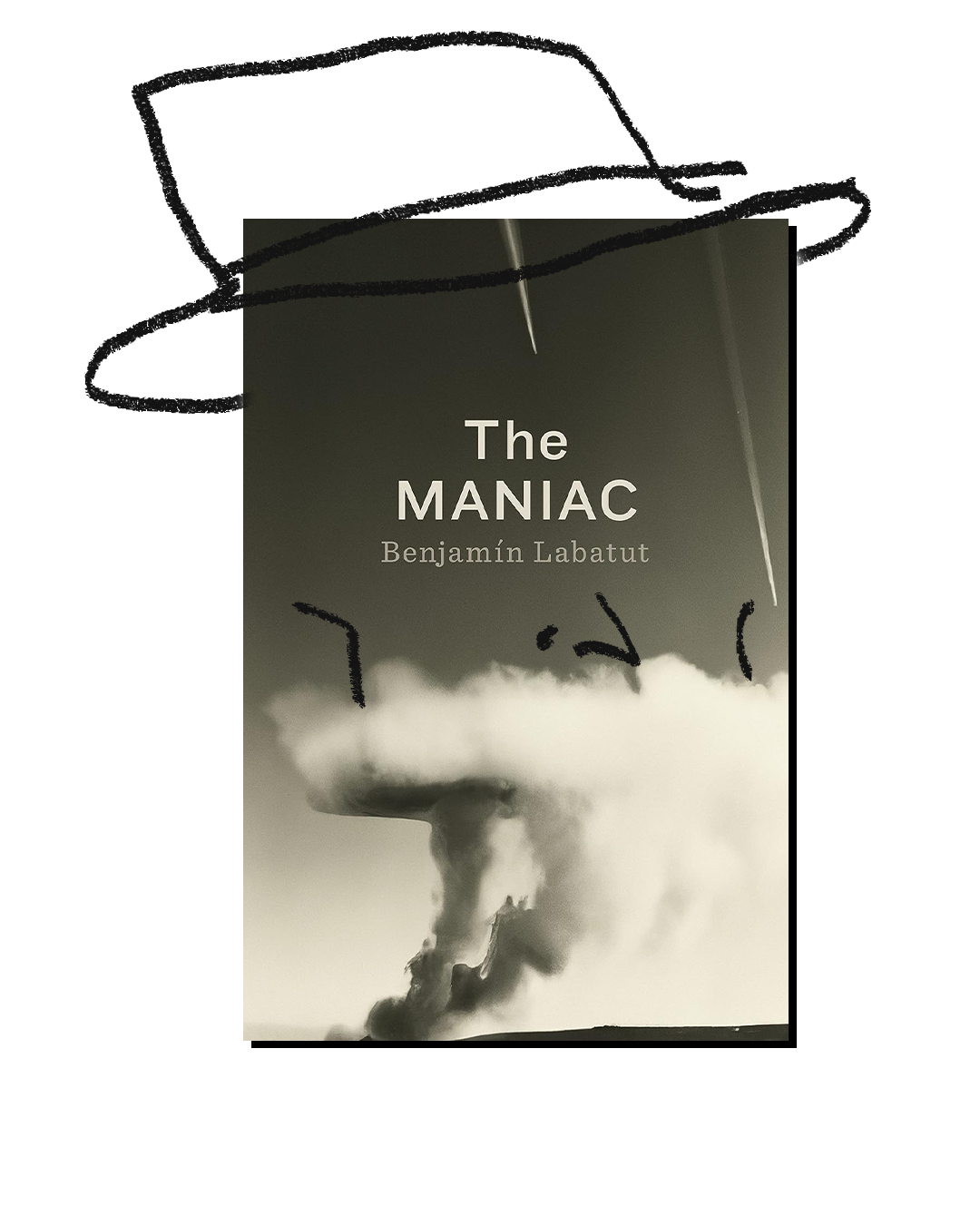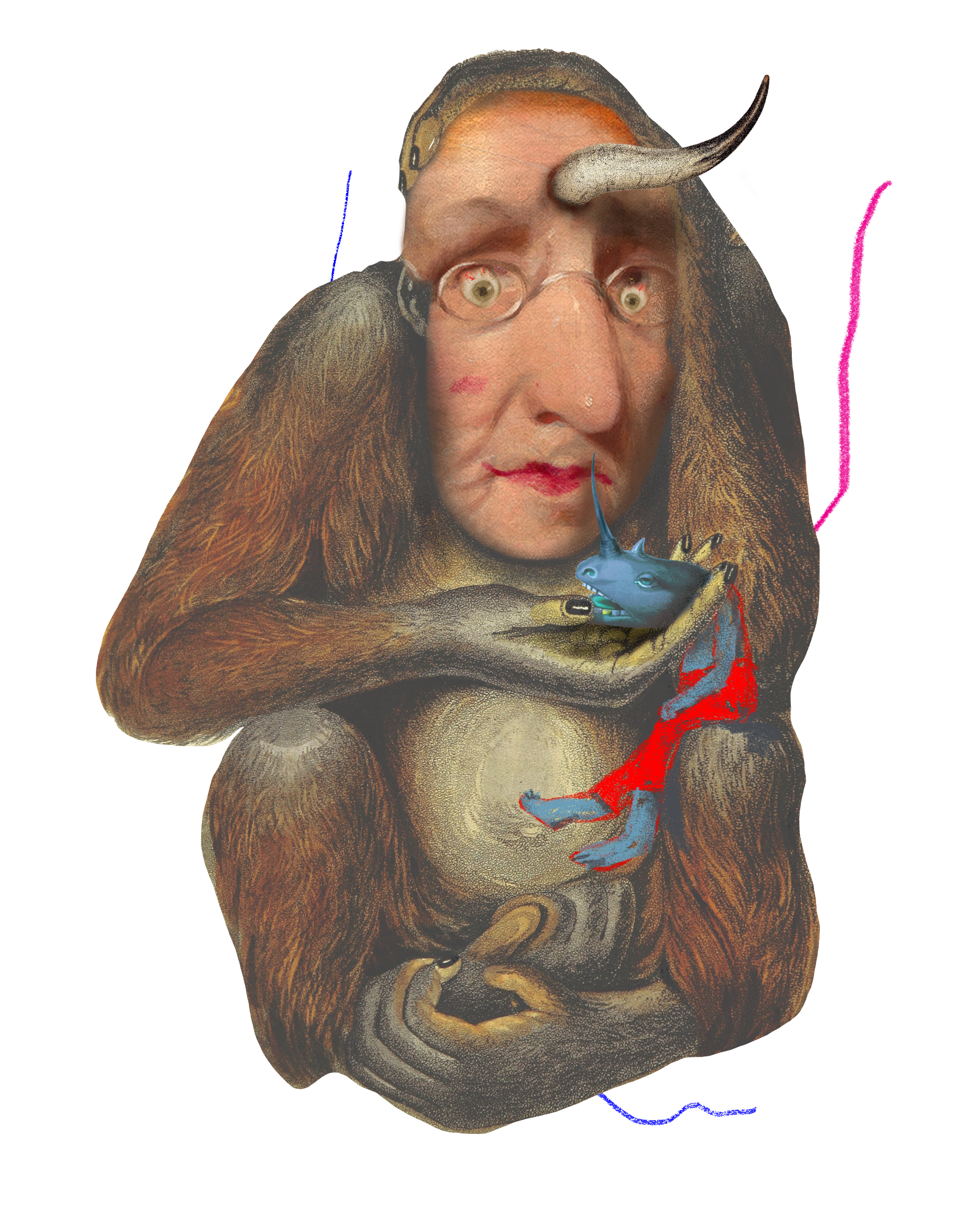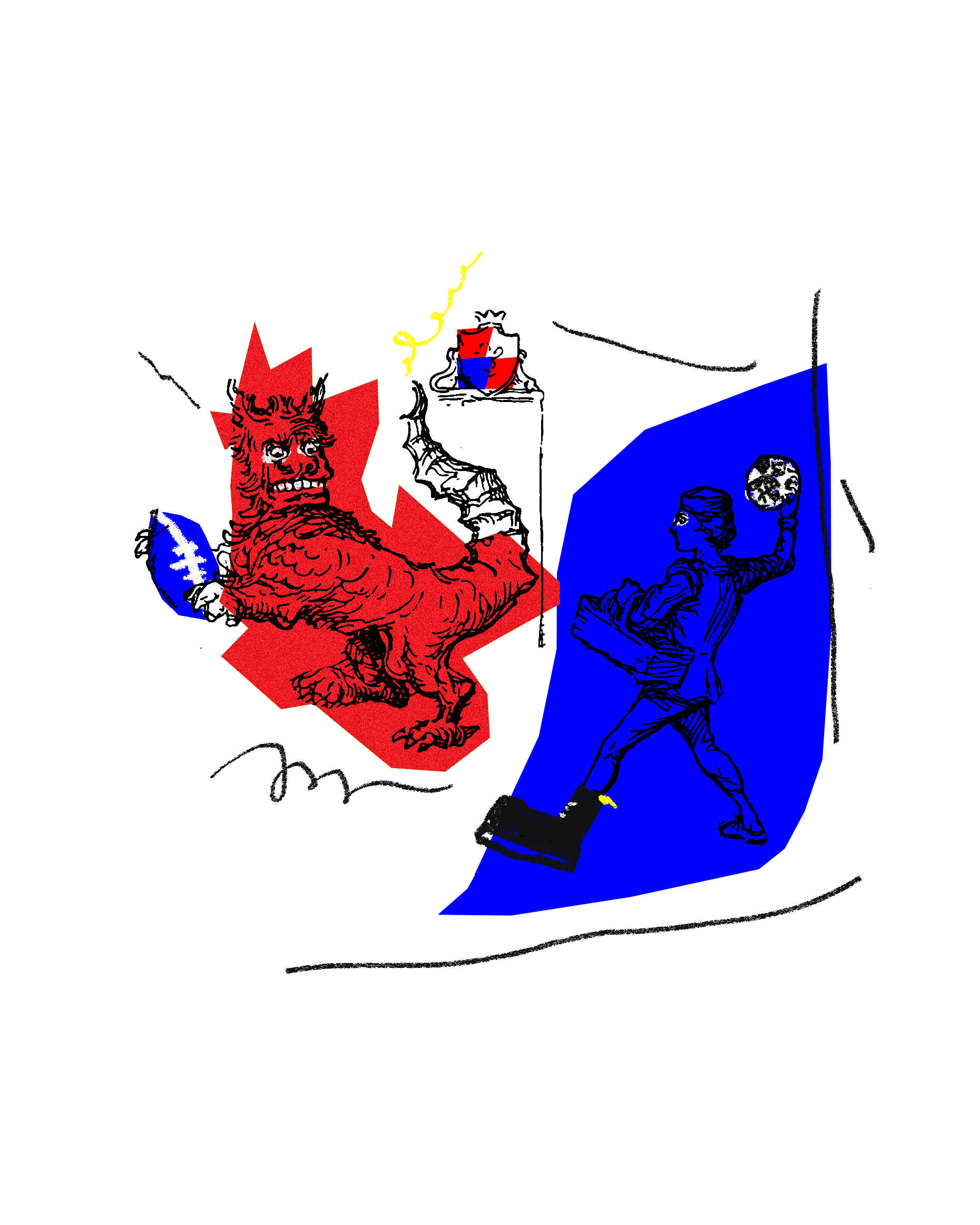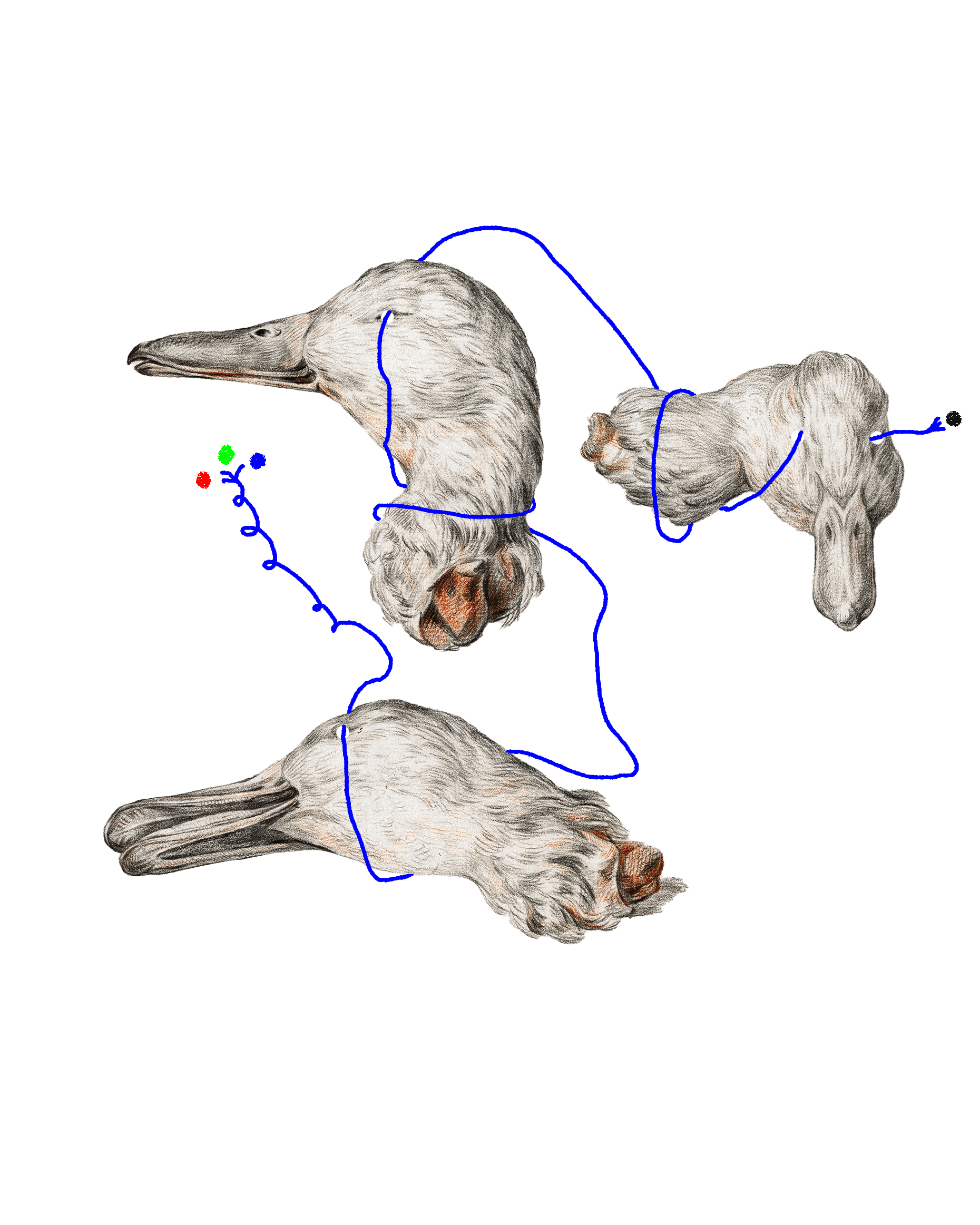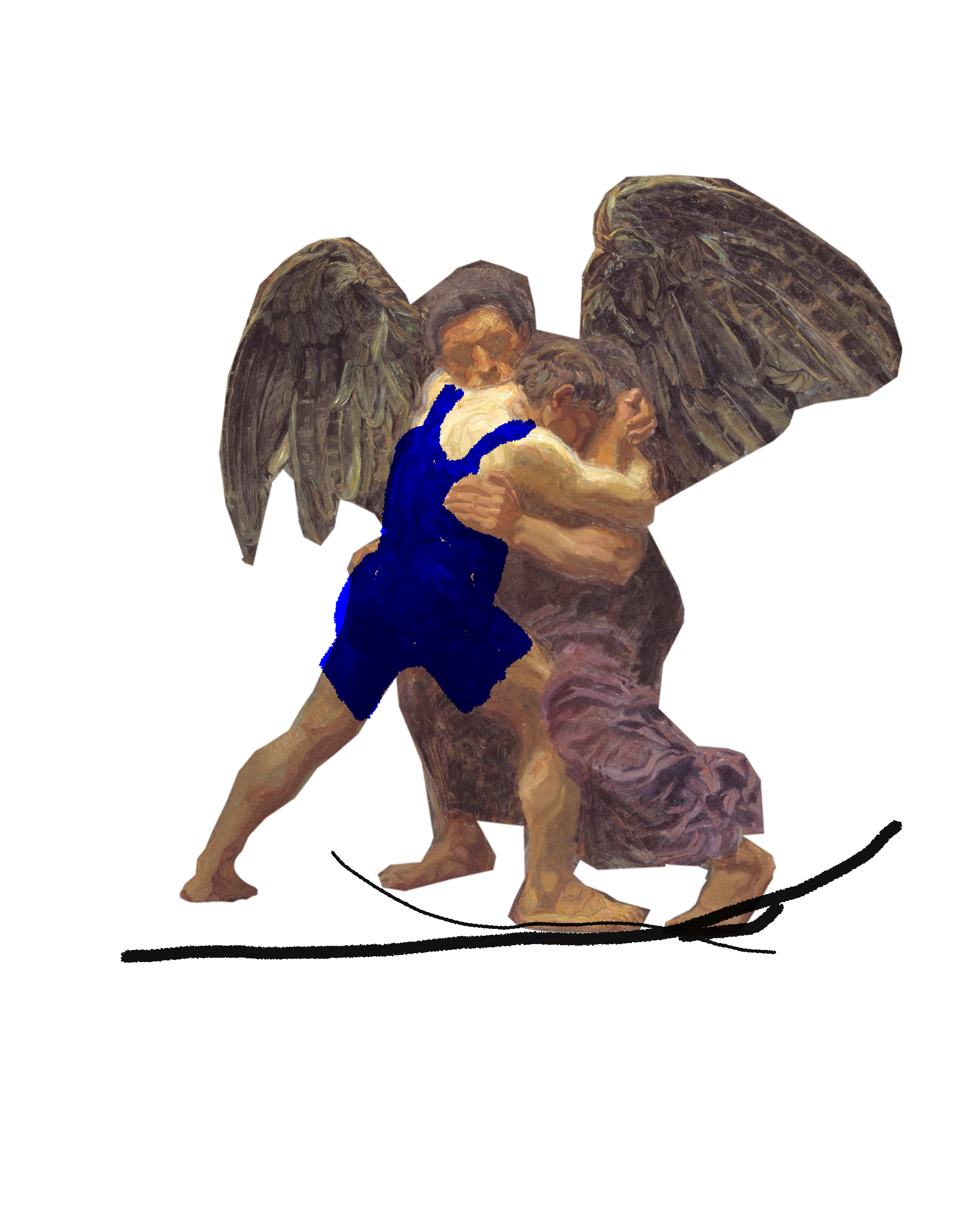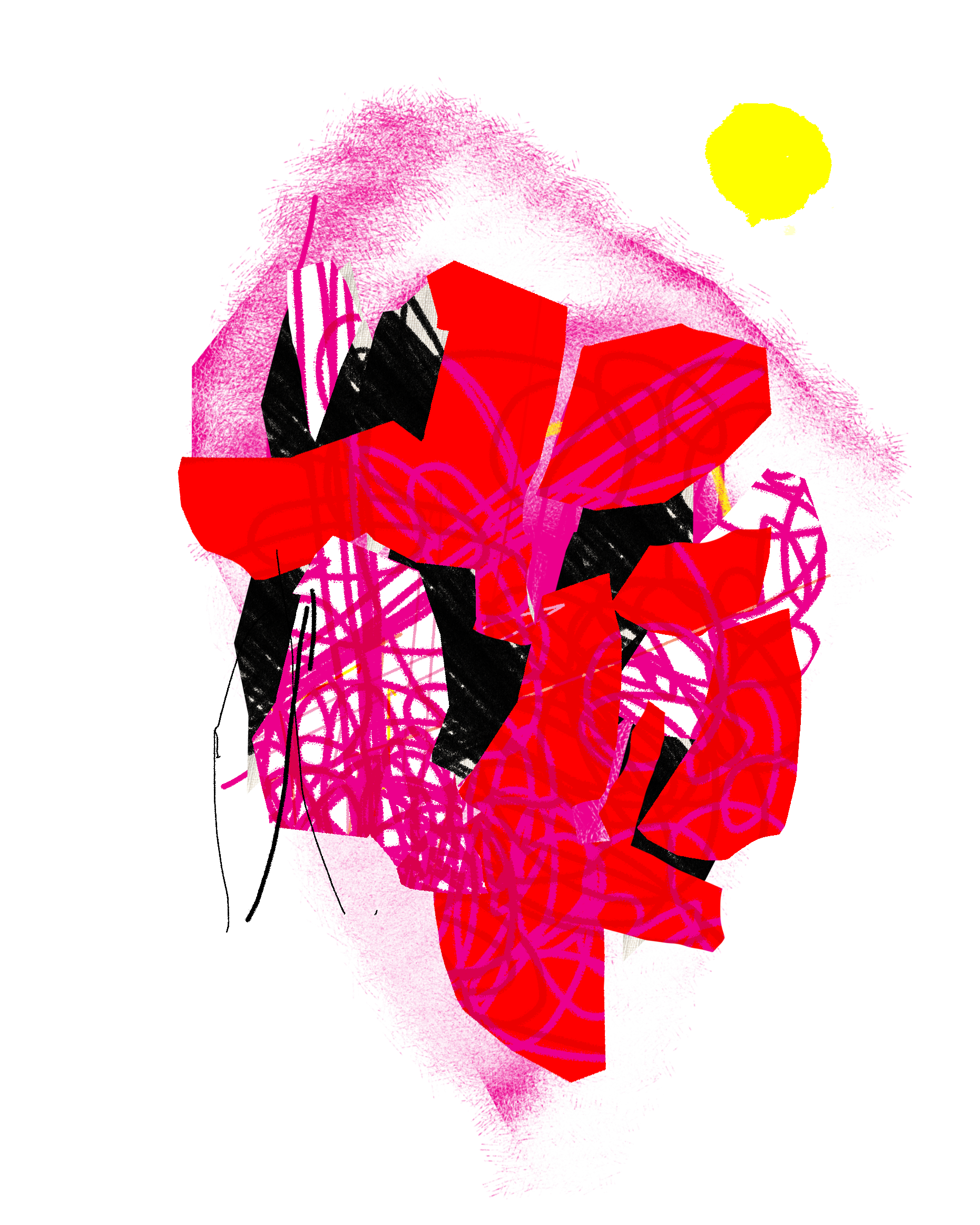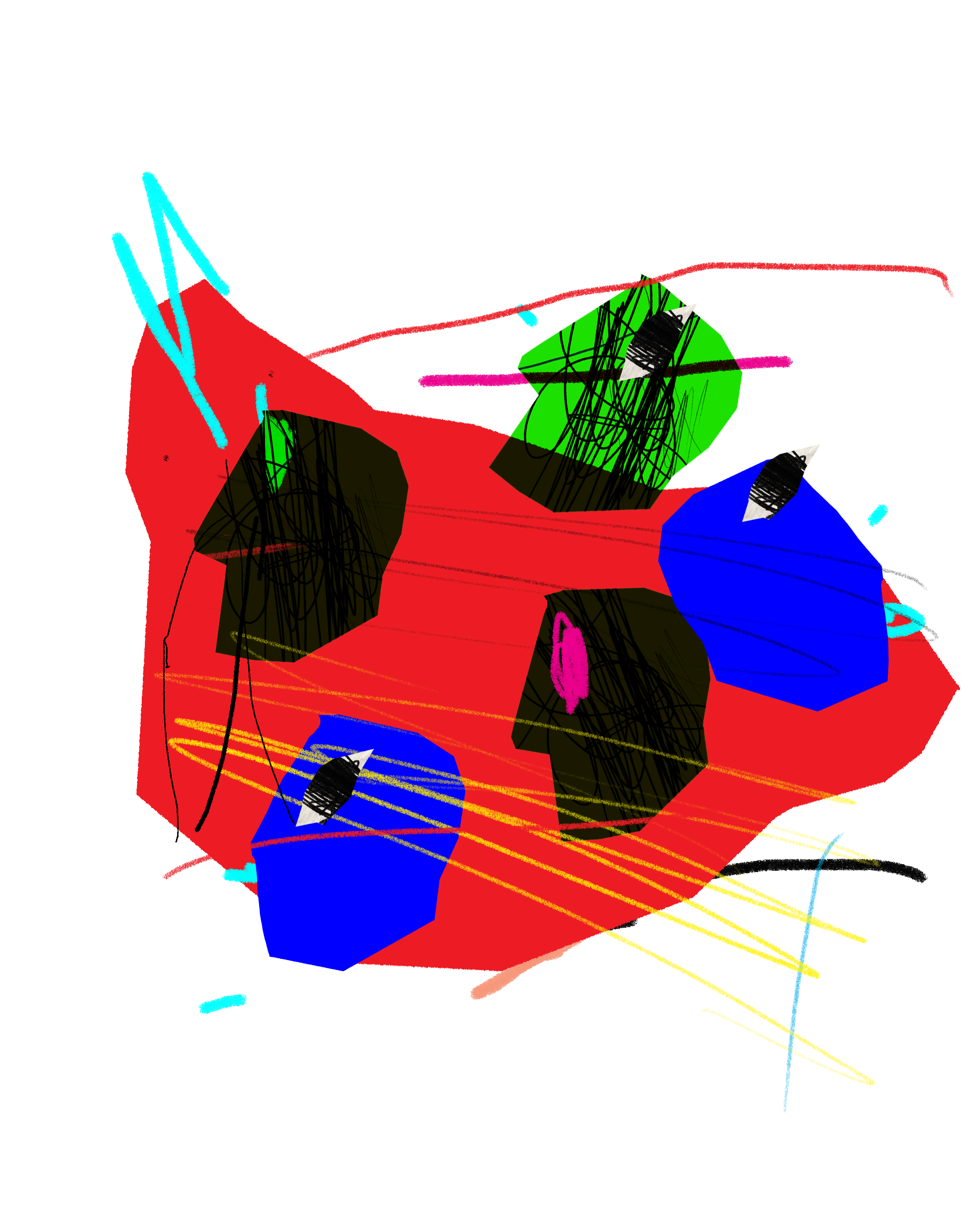The Midwest Regionalism of Hanif Abdurraqib
Books that might be considered staples of the Midwest today were actually bundled into the revolt from the village, seen as mocking the region.
True Enough: “The MANIAC” and “Oppenheimer”
Culpability is offloaded onto the very idea of science itself: unfeeling, inhuman, inevitable. These warnings do not allow for human ingenuity or variety of thought; they cannot imagine another way. But it’s a poor craftsman who blames his tools.
Quarter in Review: On the A****-G****, Residential Electricity, Deserves, Nostalgia, and Agnès Varda
Such as, I keep misreading these preceding instances of the term “a****-g****” as “agnès-varda.”
Supposing maybe this is all anybody ought to be asking.
Marvelous Writing: The Sentence Will Save the Form
To squabble over genre would be to take away from the very potent delight of these kinds of tales: a capacity to traverse an enormous affective range, to play lightly at the surface of life and to sink to tragic human depths.
Out in the Middle West: On “Somebody Somewhere”
The show narrates queer and trans characters in ways that negate old tropes about being stuck in the closet in backwards small-town America. They are simply unglamorous, everyday people.
American Returns—A Collage
I am coming back to America. I am trying to figure out the act of being American again. There are two things I am now prepared to admit I was wrong about in relation to this: Lana Del Rey’s new Americana songbook, and Ansel Adams’s photographs of America.
The Uncanny Valley of America’s British Language
When an American looks at British Literature, we see what we are not. But we also see what we are. There’s a reason Shakespeare, with his corrupt kings and upstart heroes, is so often presented as integral to the American spirit.
I Got Daddy Issues, That’s on Kratos: Game-World-Literature(s); Call for Pitches
Every day I am more interested in the social and aesthetic lives of video games, and where those games might intersect with literature and the world.
When Technology Bleeds
We need a new figure to carry on the project of the cyborg, to stir our imaginations and encourage blasphemous thought. A hot-blooded thing formed from an ever-hotter world. Part animal, part man, part machine. Entirely monstrous.
Quarter in Review: On Embarrassment, Lyric Mortality, and Voight-Kampff Testing
It is considered unprofessional. It feels bad. It is a bad look. How is writing supposed to feel, supposed to look?
Forever Contemporary: On the Entrenchment of Taste in the Art World
The impassioned disputations on taste and aesthetics at the now-maligned Salons were disputations on ethics, morals, and politics. As in our art world, taste was an advocacy vehicle for the Good, if hardly for the same Good.
Deaths, Plural: On Pro Wrestling and Poetry
And yet, like poetry, wrestling too is a practice of excess, of the unjustifiable and the unnecessary: the costuming, the tanning, the crafting of a distinct style in service of a vision of what becomes necessary in order to get through the day or death.
YOU GOTTA WOO
The evening you refused to sleep, we were over a hundred miles away from our home in Cleveland. A Rust Belt city to which—because of you—your mother and I will forever be tethered.
The Critic-Comptroller: On Renee Gladman’s Solo Show at Artists Space
For the critic-comptroller—the spectator hoping to take absolute measurements and gain new and unambiguous knowledge from the show—the works on view inspired both hyper-focused reading and diverted desire.
Healing Stories: Wellness and Narrative Medicine
Close listening, much like close reading, requires focused, sustained attention to how a story is told, not merely its plot. The work of healing, if not the biophysiological process of cure, is fundamentally narrative in practice.
That Which We Call Ecstasy: On Gentileschi’s Mary Magdalenes
It’s fitting that ecstasy’s Greek root means to literally “be beside oneself,” as in the soul exiting the body. Rubens wasn’t wrong: death, near-death is a preemptive condition of the ecstatic.
“THE START”
There was one literary magazine that made you write “THE END” at the end of your story, to signify that when the writing was done, when there were no more pages or writing, it had ended to these idiots or robots.
Health Is Other People (and Some Books): On Wellness and Book Clubs
What I needed was to connect the best way I really knew how: by talking about books, sharing feelings about a story with someone, and through those discussions learning how their mind works and in turn my own.
Maximally Likable: The Stay-at-Home Girlfriend and The White-Collar Woman
An undercurrent of low-grade moral panic is at the crux of both the fascination with and knee-jerk disparagement of SAHGFs: in their own words, they have gone soft and vocally do not wish to succeed in any kind of career.
Aesthetics of Sickness: Wellness Beyond Narrative
During the years I had cancer, I sometimes bristled at the language of “wellness” and its trappings. I didn’t need mindfulness; I needed oxaliplatin.


